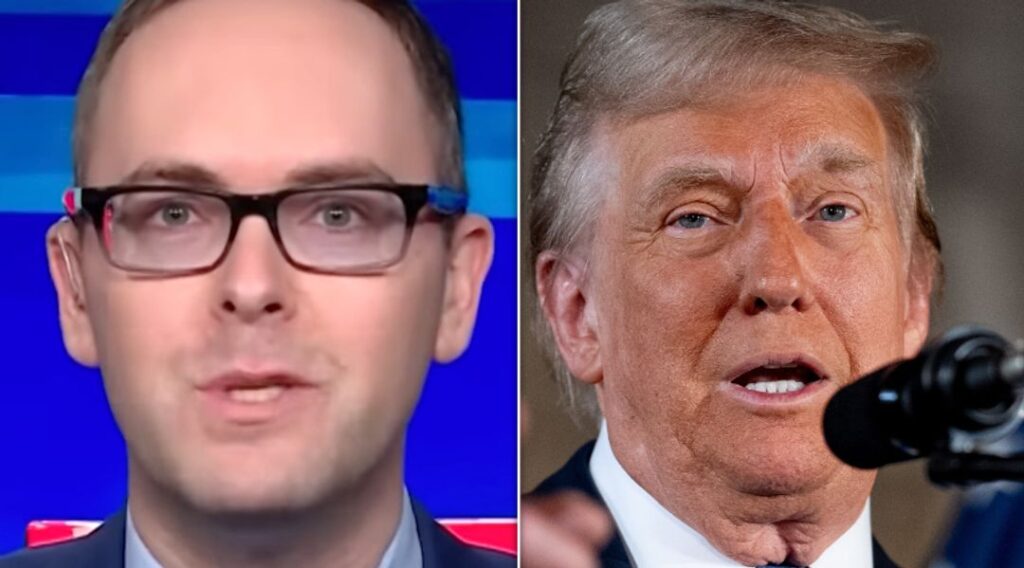During a recent press conference at his Mar-a-Lago club, President-elect Donald Trump made several misleading statements, with CNN fact-checking reporter Daniel Dale highlighting significant issues with Trump’s assertions. One notable moment of concern stemmed from Trump’s comments regarding vaccines and autism. When asked about a potential link between the two, Trump didn’t provide a definitive answer and suggested that there are “brilliant people” investigating the situation. He implied that there might be something wrong with an observed increase in autism diagnoses, which Dale deemed especially dangerous due to the well-established fact that no credible evidence supports a connection between vaccines and autism.
Daniel Dale stressed that the claim linking vaccines to autism has been thoroughly debunked through a multitude of rigorous studies conducted over many years. He pointed out that the original notion of a connection originated from a fraudulent study published in the 1990s, which has since been discredited. This misinformation poses a threat to public health, as it can undermine vaccination efforts and fuel vaccine hesitancy. By suggesting that the matter is still open for investigation, Trump perpetuates a harmful myth that should be firmly rejected and dismissed.
Furthermore, Dale critiqued Trump’s comments on tariffs, describing them as misleading. Trump had asserted that his tariffs did not adversely impact American consumers, which contradicts numerous analyses indicating that tariffs can ultimately lead to higher prices for everyday goods. This sort of manipulation of facts about economic policies could serve to mislead the public about the tangible impacts of such decisions on their finances.
Additionally, Trump claimed that under his administration, there was “zero inflation,” a statement that Dale challenged as misleading. This claim not only contradicts economic data but also transforms economic reality into a selective narrative that aligns with Trump’s political rhetoric. Dale underscored the importance of accurate economic reporting, emphasizing how misleading claims can distort public perception of financial stability and growth.
Another historical revisionism addressed by Dale was Trump’s assertion that there were “like, no wars, period, in the world” during his presidency. Dale pointed out that this assertion was factually incorrect and represented a significant revision of history. By downplaying the global conflicts and ongoing issues during his term, Trump attempts to reshape public memory of his presidency in an overly favorable light—a tactic that often overlooks the complexities of international relations and the United States’ involvement in various military actions abroad.
In summary, the press conference revealed numerous misleading statements from Trump, particularly regarding vaccines, economic policies, and historical events. Dale’s fact-checking underscored the potential dangers of misinformation, especially related to public health and international relations. He called attention to the responsibility of public figures to ensure their statements are accurate and grounded in reality, emphasizing the broader implications that arise from spreading unfounded claims and misrepresentations.

